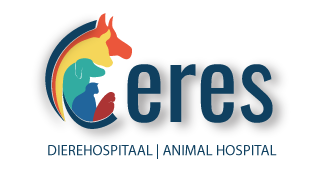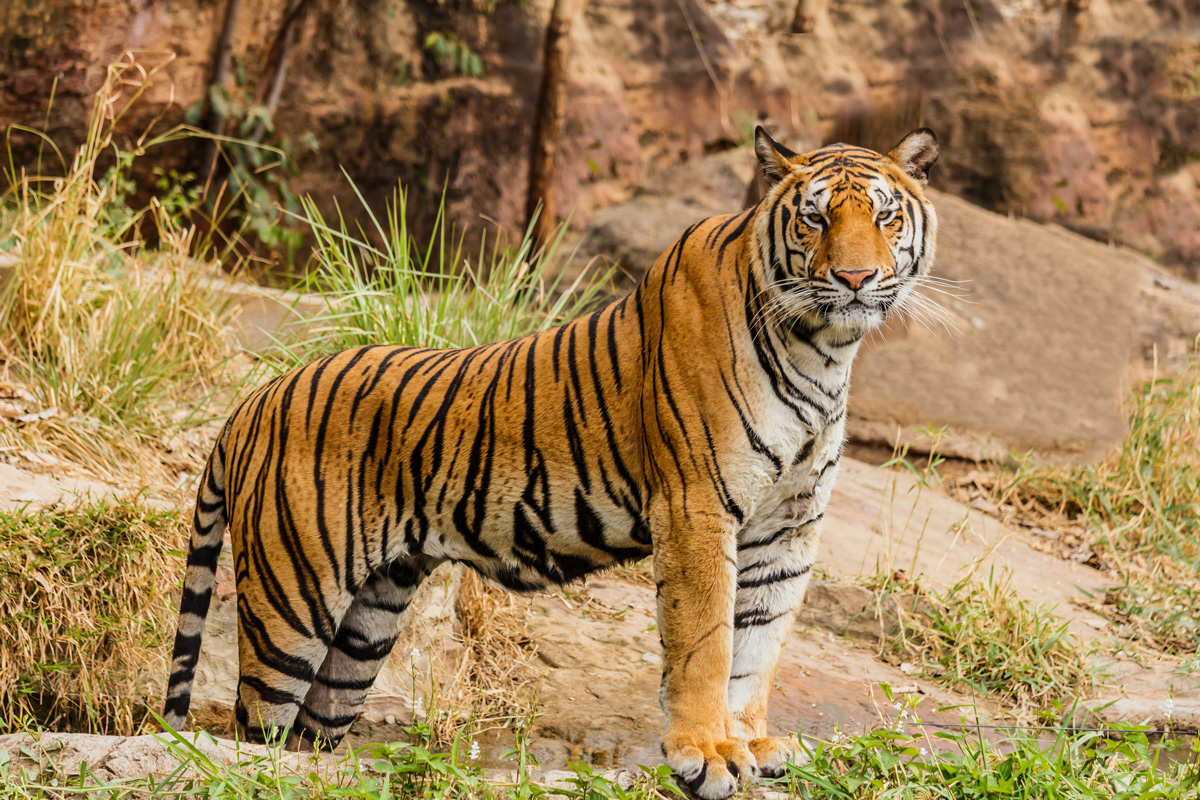Date: Mon 6 Apr 2020
From: Dr. Paul P. Calle
On Friday 3 April 2020, qPCR testing for SARS-Coronavirus-2 (SARS-CoV-2) on duplicate nasal and oropharyngeal swabs and tracheal wash samples from a 4-year-old female Malayan tiger with respiratory signs living at the Wildlife Conservation Society’s Bronx Zoo was performed at the Animal Health Diagnostic Center and New York State Veterinary Diagnostic Laboratory at Cornell University College of Veterinary Medicine and the University of Illinois College of Veterinary Medicine Veterinary Diagnostic Laboratory. The swabs yielded presumptive positive results that were confirmed by the USDA National Veterinary Services Laboratory on Saturday, 4 April 2020.
The index case was one of 2 Malayan tigers, 2 Amur tigers, and 3 African lions that developed respiratory signs over the course of a week characterized by a dry cough and in some cases wheezing, but no dyspnea or nasal or ocular discharge. Mild anorexia was noted in some cases. All of the cats are long term residents of the zoo, do not have chronic medical conditions, and there have been no new animal introductions to these groups for several years.
All other Amur and Malayan tigers, snow leopard, cheetah, clouded leopard, Amur leopard, puma, and serval at the Bronx Zoo remain healthy without evidence of clinical illness.
The source of infection is presumed to be transmitted from a keeper who, at the time of exposure, was asymptomatically infected with the virus or before that person developed symptoms [i.e., presymptomatic]. The cats have received antibiotics and supportive care as needed, and all of the affected cats are doing well with no worsening of their clinical signs and daily gradual improvement. Enhanced PPE [surgical masks (not N95 masks), face shields, gloves, coveralls] use has been implemented for staff caring for all non-domestic felids in the 4 WCS zoos.
SARS-CoV-2 is a World Organisation for Animal Health (OIE) reportable disease with country-specific mandatory reporting requirements by national governments of positive results, and national and international veterinary and public health agency notifications. We will provide more technical details and answer questions as we can, but as I’m sure you can imagine it is quite challenging right now to keep up with everything that is going on. We will also be publishing this information in peer-reviewed scientific venues.
—
Paul P. Calle, VMD Diplomate ACZM & ECZM (Zoo Health Management) WCS Vice President for Health Programs Chief Veterinarian Director, Zoological Health Program Wildlife Conservation Society


